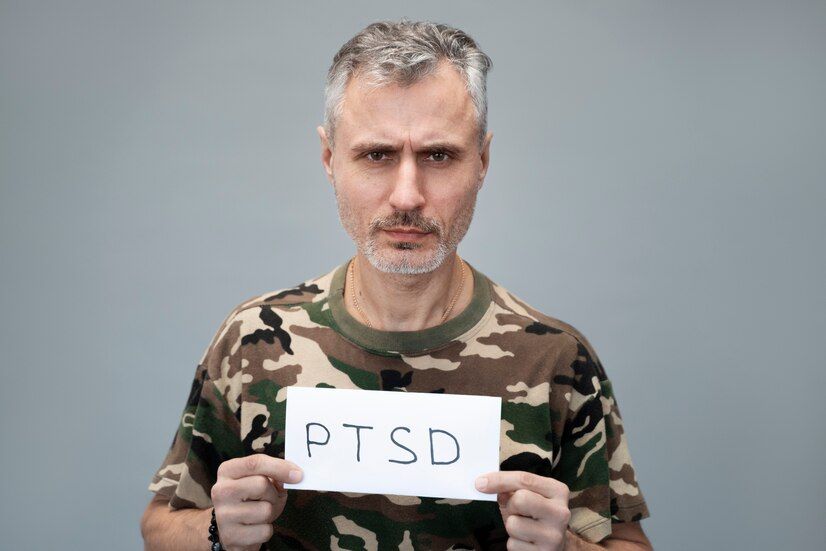Youth Mental Health in the Digital Age
Examine the impact of social media and digital interactions on the mental health of children and adolescents, and strategies for support.

As we move further into the digital age, the impact of technology on youth mental health has become a topic of significant concern and interest. The pervasive use of smartphones, social media platforms, and digital communication tools has transformed how young people interact with the world, presenting both opportunities and challenges for their mental well-being.
The Double-Edged Sword of Technology
On one hand, technology provides unprecedented access to information, support networks, and mental health resources. Online platforms can facilitate connections with peers, foster a sense of community, and offer immediate access to mental health interventions through apps and online counseling services.
However, the digital age also brings unique challenges. The constant presence of social media and digital communication can contribute to feelings of isolation, anxiety, and depression. Cyberbullying, social comparison, and the pressure to maintain an online persona can negatively impact self-esteem and mental health.
The Impact of Social Media
Social media platforms are a central aspect of many young people's lives, but their impact on mental health is complex and multifaceted. While these platforms can offer support and a sense of belonging, they can also expose youth to negative influences. Studies have shown that excessive social media use is linked to increased rates of anxiety, depression, and sleep disturbances among adolescents.
The Role of Digital Health Tools
Digital health tools, including mental health apps and teletherapy, have the potential to revolutionize how mental health care is accessed and delivered. These tools offer convenience, anonymity, and flexibility, making it easier for young people to seek help. Apps that provide cognitive-behavioral therapy, mindfulness exercises, and mood tracking can be valuable resources for managing mental health.
Strategies for Supporting Youth Mental Health
- Promoting Digital Literacy: Educating young people about the responsible use of technology and social media is crucial. Digital literacy programs can teach youth how to navigate the online world safely and critically.
- Encouraging Balance: Helping young people strike a balance between their online and offline lives is essential. Encouraging activities that promote physical health, face-to-face interactions, and outdoor activities can mitigate the negative effects of excessive screen time.
- Providing Access to Resources: Schools, communities, and healthcare providers should ensure that youth have access to mental health resources, both online and offline. Promoting the use of reputable mental health apps and providing information about teletherapy options can increase accessibility.
- Fostering Open Communication: Creating an environment where young people feel comfortable discussing their digital experiences and mental health is vital. Parents, educators, and counselors should encourage open dialogues and provide support without judgment.
Conclusion
The digital age presents both opportunities and challenges for youth mental health. By understanding the impact of technology, promoting digital literacy, and providing access to mental health resources, we can support young people in navigating the complexities of the digital world. As we continue to innovate and integrate digital tools into mental health care, it is essential to prioritize the well-being of our youth, ensuring they can thrive in both their online and offline lives.
CATEGORIES

We Work Together to Solve Current Challenges
CONTACT US
1-571-330-2829
office@ariseccc.com
10801 Johnston Road
Suite 210 Charlotte NC
28226-4558
USEFUL LINKS
STAY INFORMED
You need a helping hand with your project?
We will get back to you as soon as possible
Please try again later
COUNSELING CENTER HICKORY & CHARLOTTE NORTH CAROLINA









